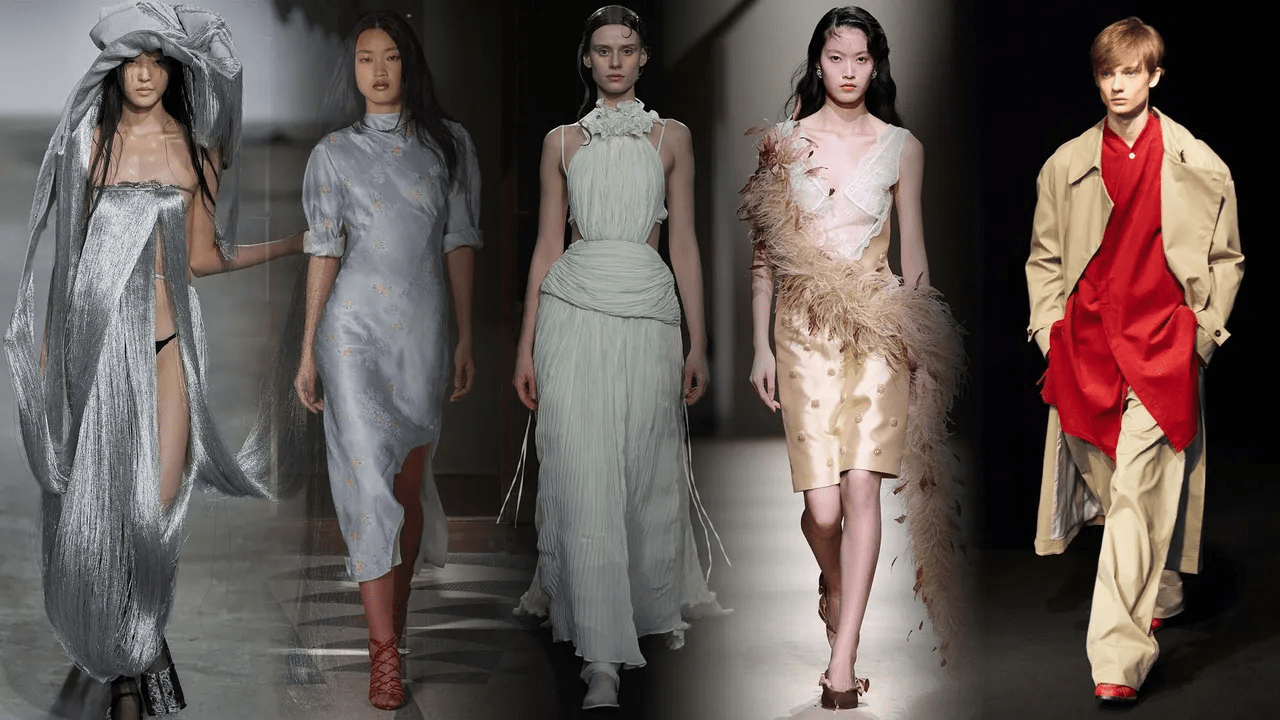Introduction
Fashion Week is the epitome of style, creativity, and glamour. These highly anticipated events, held twice a year in major fashion capitals, serve as platforms for designers to showcase their latest collections. From Paris to New York, fashion weeks set the tone for upcoming trends and offer a glimpse into the future of fashion.
In this guide, we’ll explore the history, significance, and major fashion weeks around the world. We’ll also dive into how these events impact the industry and influence global trends.
What is Fashion Week?
Fashion Week is a series of events where designers present their new collections to buyers, media, and the public. It typically features runway shows, presentations, and exhibitions. The event is held twice a year, aligning with the Spring/Summer and Autumn/Winter seasons.
Key Characteristics of Fashion Week:
- Seasonal Focus: Designers showcase collections for the upcoming season.
- Exclusive Audience: Attended by industry insiders, celebrities, and influencers.
- Global Influence: Trends from fashion week often dictate mainstream fashion.
The History of Fashion Week
Fashion Week traces its origins back to the early 20th century. The first organized fashion week took place in New York in 1943. The goal was to shift attention from French fashion during World War II and promote American designers.
Significant Milestones:
- 1943: The first-ever New York Fashion Week, called “Press Week,” was organized.
- 1950s: Paris and Milan established their own fashion weeks.
- 1984: London Fashion Week was officially launched.
- 2009: Digital streaming of fashion shows began, making events more accessible.
Top Fashion Weeks Around the World
1. New York Fashion Week (NYFW)
New York Fashion Week is known for its diverse range of designers and innovative presentations. It is the first in the “Big Four” fashion weeks and often sets the tone for the rest of the season.
- Notable Designers: Michael Kors, Ralph Lauren, Marc Jacobs.
- Key Venues: Spring Studios, Bryant Park, The Shed.
- Highlights: NYFW often features a mix of established designers and emerging talent.
2. London Fashion Week (LFW)
London Fashion Week is celebrated for its avant-garde and edgy designs. It’s a platform for both established brands and new designers pushing creative boundaries.
- Notable Designers: Burberry, Alexander McQueen, Victoria Beckham.
- Key Venues: The British Fashion Council’s official venues, Tate Modern.
- Highlights: LFW is known for embracing innovation and sustainability.
3. Milan Fashion Week (MFW)
Milan Fashion Week is synonymous with luxury and craftsmanship. Italian designers often emphasize opulence and meticulous detailing in their collections.
- Notable Designers: Gucci, Prada, Versace.
- Key Venues: Palazzo Reale, Teatro alla Scala.
- Highlights: MFW showcases high-end fashion and impeccable tailoring.
4. Paris Fashion Week (PFW)
Paris Fashion Week is the grand finale of the fashion calendar. It’s known for its haute couture shows and iconic brands that set global trends.
- Notable Designers: Chanel, Dior, Louis Vuitton.
- Key Venues: The Louvre, Grand Palais, Palais de Tokyo.
- Highlights: PFW is the most prestigious of the Big Four, featuring both ready-to-wear and haute couture collections.
Other Notable Fashion Weeks:
- Tokyo Fashion Week: Known for its innovative and streetwear-inspired designs.
- Copenhagen Fashion Week: Focuses on sustainability and Scandinavian style.
- São Paulo Fashion Week: The largest fashion event in Latin America.
The Role of Fashion Week in the Industry
Fashion Week is more than just a showcase of clothing; it’s a vital part of the fashion ecosystem.
How Fashion Week Impacts the Industry:
- Trend Forecasting: Fashion shows set trends that trickle down to mass-market retailers.
- Brand Building: Designers use fashion week to establish their brand identity and gain visibility.
- Networking: It’s a hub for industry professionals to connect and collaborate.
- Media Coverage: Fashion weeks attract global media attention, amplifying brand reach.
The Evolution of Fashion Week
Fashion Week has evolved significantly over the years, embracing technology and adapting to changing consumer preferences.
Key Changes:
- Digital Shows: The COVID-19 pandemic accelerated the shift to virtual fashion shows.
- Sustainability: Designers are focusing on eco-friendly practices and materials.
- Inclusivity: There’s a growing emphasis on diversity in model casting and design.
- Tech Integration: Virtual reality (VR) and augmented reality (AR) are enhancing the fashion show experience.
How to Attend Fashion Week
Attending Fashion Week is a dream for many fashion enthusiasts. While most shows are invitation-only, there are ways to gain access:
Tips for Attending Fashion Week:
- Work in the Industry: Designers, buyers, and media professionals often receive invites.
- Influencer Status: Social media influencers with a large following may be invited to shows.
- Volunteer: Many events offer volunteer opportunities for those looking to get involved.
- Buy Tickets: Some shows offer limited public access through ticket sales.
How to Start Your Own Fashion Week
Organizing a fashion week can be a rewarding endeavor for fashion entrepreneurs.
Steps to Organize a Fashion Week:
- Define Your Vision: Decide on the theme and target audience.
- Secure Funding: Seek sponsors and partners to support the event.
- Choose a Venue: Select a location that complements your vision.
- Invite Designers: Curate a lineup of emerging and established designers.
- Market the Event: Use social media and PR to promote your fashion week.
- Execute the Show: Ensure smooth coordination with a well-planned schedule.
Conclusion
Fashion Week is a celebration of creativity, innovation, and style. It serves as a platform for designers to express their vision and set the tone for global fashion trends. From the runways of New York to the couture shows in Paris, fashion weeks are an essential part of the industry, influencing everything from high fashion to streetwear.
As the fashion world continues to evolve, fashion weeks will remain a vital platform for showcasing artistry and craftsmanship, inspiring future generations of designers and fashion enthusiasts alike.

